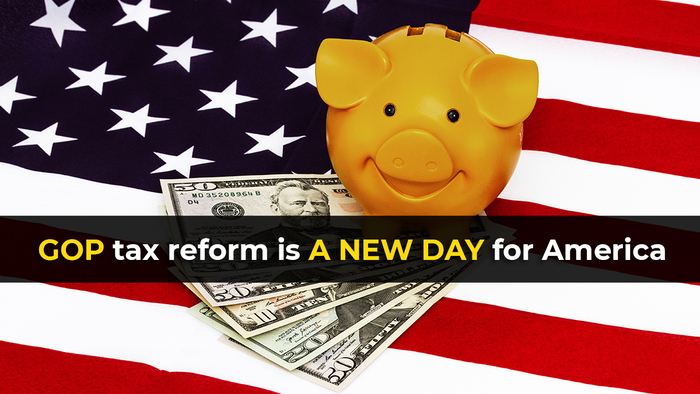 Parler
Parler Gab
Gab
- President Trump may reduce China tariffs to push ByteDance to sell TikTok to a U.S. buyer by April 5.
- The move balances national security concerns with avoiding a ban affecting 170 million American users.
- Trump signaled flexibility on tariffs, a shift from his typically hardline China trade stance.
- Bipartisan fears over Chinese data harvesting drove the divestment push, but free speech advocates oppose a ban.
- The White House is brokering a market-driven solution, with potential buyers like Elon Musk or Oracle’s Larry Ellison.
A bargaining chip in high-stakes negotiations
Trump’s remarks came during a White House press briefing, where he acknowledged China’s pivotal role in approving any potential sale. “With respect to TikTok, China is going to have to play a role in that, possibly in the form of an approval, maybe, and I think they’ll do that,” he said. “Maybe I’ll give them a little reduction in tariffs or something to get it done.” The president’s openness to tariff relief marks a notable shift in his typically hardline stance on China trade policy. Just last month, his administration imposed an additional 20% levy on Chinese imports, reinforcing his reputation as a tariff hawk. Yet, his latest comments suggest TikTok’s fate is a priority significant enough to warrant economic concessions. Vice President JD Vance has indicated that a deal resolving TikTok’s ownership could be finalized by the April 5 deadline. However, Trump has left the door open for an extension, stating, “If it’s not finished, it’s not a big deal. We’ll just extend it.”National security vs. free speech concerns
The push to force ByteDance’s divestment stems from bipartisan fears that TikTok’s Chinese ownership poses a national security risk, potentially enabling Beijing to harvest American user data or manipulate public opinion. A 2024 law, passed with overwhelming support, mandated the app’s sale by January 19—a deadline Trump extended to April 5 via executive order. But while security concerns are valid, free speech advocates warn that an outright ban would set a dangerous precedent. Critics argue that blocking TikTok outright would violate the First Amendment by restricting Americans’ access to a global platform, effectively allowing the government to dictate digital expression. Trump’s approach—seeking a market-based transfer of ownership rather than an authoritarian-style ban—reflects a middle ground. By leveraging tariffs rather than brute regulatory force, he aims to preserve both security and free speech. The administration’s deep involvement in brokering a deal is unprecedented, with the White House effectively acting as an investment bank. Reuters reported last week that talks are centering on a plan for ByteDance’s major non-Chinese investors to increase their stakes and acquire TikTok’s U.S. operations. Trump has previously floated Elon Musk or Oracle’s Larry Ellison as potential buyers, emphasizing his preference for private-sector solutions. “There are numerous ways you can buy TikTok, and we will find the one that’s best,” he said. As the April 5 deadline nears, all eyes will be on whether this gamble pays off—delivering a solution that protects both national security and the open marketplace of ideas. Sources for this article include: TheGuardian.com NYPost.com FoxBusiness.com Reuters.comGeopolitical consequences: Deep State’s USAID chickens come home to roost
By News Editors // Share
COVID-19 scandal linked to CANCER SURGE: Billionaire researcher sounds alarm
By Lance D Johnson // Share
Controversial “Luigi Mangione Act”: Necessary reform or political stunt?
By Cassie B. // Share
RFK Jr. is pushing Big Pharma ad ban – and corporate media is panicking
By S.D. Wells // Share
Trump Administration considers raising taxes on wealthiest Americans to fund tip wage tax cut
By Laura Harris // Share
DARPA: The shadowy innovator behind the world’s most advanced military technologies
By Arsenio Toledo // Share
Governments continue to obscure COVID-19 vaccine data amid rising concerns over excess deaths
By patricklewis // Share
Tech giant Microsoft backs EXTINCTION with its support of carbon capture programs
By ramontomeydw // Share
Germany to resume arms exports to Israel despite repeated ceasefire violations
By isabelle // Share










